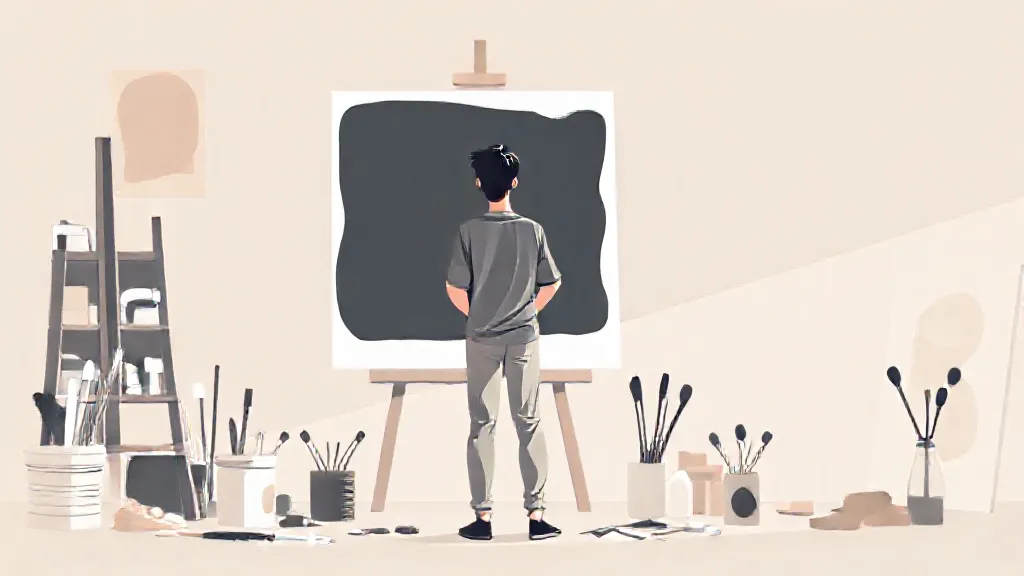Finding your voice as an artist is a deeply personal journey that involves self-discovery, experimentation, and reflection. Your artistic voice is the unique way you express your thoughts, feelings, and experiences through your chosen medium. This process can be both exciting and challenging, as it requires you to delve into your own identity and values while navigating the vast landscape of artistic expression.
Understanding the Concept of Artistic Voice
Artistic voice is not just about style; it encompasses your perspectives, influences, and emotional responses. It’s the culmination of your experiences, beliefs, and the stories you wish to tell. Recognizing that your voice is distinct and evolving is crucial.
Artists like Vincent van Gogh and Frida Kahlo are perfect examples; their unique perspectives shaped their work and resonated with audiences worldwide. To begin finding your voice, start by reflecting on what matters to you and how you wish to convey that through your art.
The Importance of Self-Reflection
Self-reflection is a vital step in discovering your artistic voice.
Take time to consider your life experiences, passions, and the themes that resonate with you. Journaling can be an effective tool; write about your thoughts, feelings, and the inspirations behind your work. This practice may reveal patterns and insights that can guide your artistic direction.
Additionally, consider creating a mood board that encapsulates your interests and influences, serving as a visual representation of your artistic identity.
Experimentation: The Key to Discovery
Experimentation plays a crucial role in finding your voice. Don’t be afraid to try new techniques, materials, and styles.
Attend workshops, collaborate with other artists, and explore different mediums. This exploration can lead to unexpected discoveries about your preferences and strengths. For instance, an artist might start with traditional painting but find a passion for mixed media or digital art, leading to a unique fusion that defines their voice.
Learning from Influences and Inspirations
While developing your voice, it’s essential to acknowledge the artists who inspire you. Study their work and analyze what draws you to them. This doesn’t mean copying their style; instead, identify the elements that resonate with you and think about how you can incorporate them into your work in a way that feels authentic.
Artists like Georgia O'Keeffe drew inspiration from nature, which became a significant aspect of her artistic voice.
Embracing Vulnerability and Authenticity
Your voice is most powerful when it comes from a place of authenticity. Embrace vulnerability in your work; share your thoughts and emotions honestly.
This openness can create a deeper connection with your audience. Remember, art is subjective, and not everyone will resonate with your voice. However, staying true to yourself will attract those who appreciate your unique perspective.
The Role of Community and Feedback
Engaging with a community of artists can significantly aid in discovering your voice. Join local art groups, online forums, or social media platforms where you can share your work and receive constructive feedback. This interaction can provide new insights and encouragement.
Constructive criticism can help you refine your style and push your boundaries, leading to a more defined artistic voice.
Consistency and Growth
Finding your voice is not a one-time event but an ongoing process. As you grow and evolve as an artist, your voice may change.
Embrace this evolution and remain consistent in your practice. Regularly create art, experiment, and reflect on your progress. Over time, you will notice shifts in your work that reflect your growth and newfound understanding of your artistic identity.
Final Thoughts: The Journey is Ongoing
Ultimately, finding your voice as an artist is a journey rather than a destination. It requires patience, dedication, and a willingness to explore both your inner self and the world around you. By embracing self-reflection, experimentation, and authenticity, you can cultivate a voice that resonates with both you and your audience.
Remember, every artist’s journey is unique, and the most important aspect is to enjoy the process of discovery.
